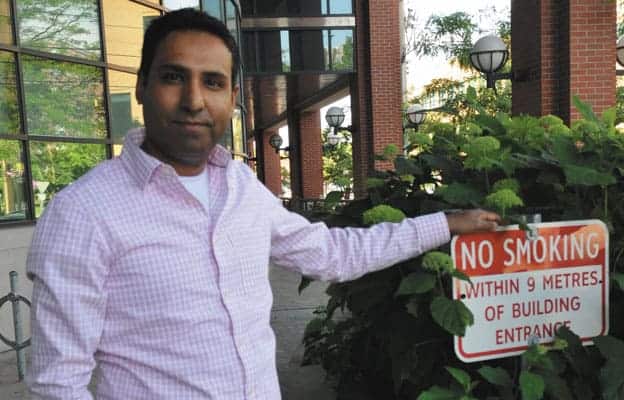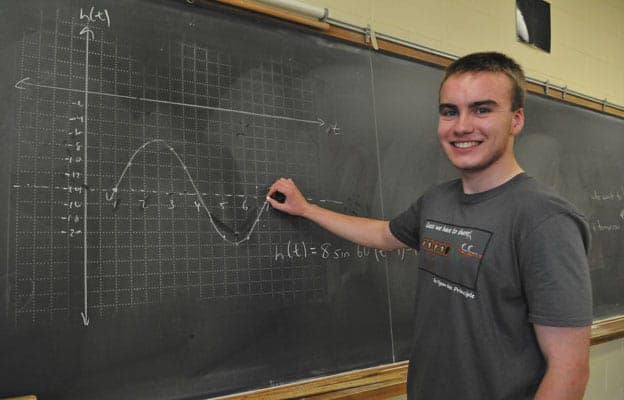;
;
;
Next Article
Using the workplace to help employees kick the habit

The sciences and the arts, but forget what you’ve heard about right-brain/left-brain division – there is something almost tangibly beautiful about an equation. So simple, so perfectly balanced, so free of unnecessary detail, and the product of such discipline and rigour – is this calculus, or a mini
Last updated on May 04, 23
Posted on Jun 21, 13
3 min read
